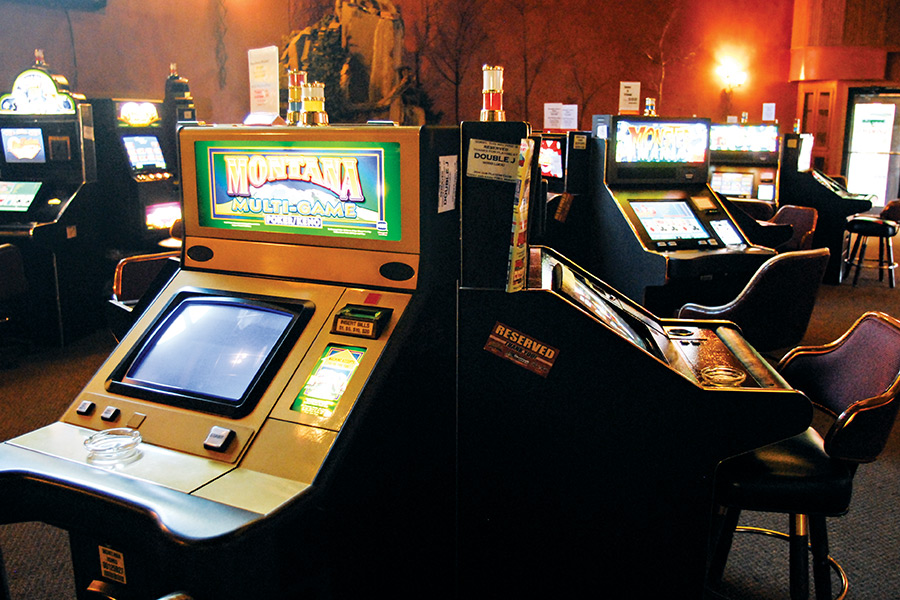Bars and casinos across Montana won’t be taking bets on any professional or college sporting events in the immediate future, despite a Supreme Court ruling that opened the door to legalizing sports gambling on May 14.
The high court’s 6-3 decision struck down the Professional and Amateur Sports Protection Act that outlawed gambling on sports everywhere outside of Nevada. The ruling came in response to a case out of New Jersey after that state’s lawmakers passed a law allowing the practice in direct opposition to the federal statute.
In Montana, any future legalization of sports gambling would similarly have to be approved by the state Legislature, meaning the earliest any legal sports bet could be placed would be during the next regular session in 2019. Current Montana law specifically forbids sports gambling, except in games like sports pools, tabs and Calcutta auctions where players are betting against each other and not the house.
In the days immediately following the Supreme Court ruling, stakeholders across the state were taking a wait-and-see approach, including state Sen. Mark Blasdel, R-Kalispell, who is a member of the Gaming Advisory Council, an attorney general-appointed group that includes both government officials and members of the gaming industry.
“I think it’s too premature to tell,” Blasdel said. “I do believe, though, with a citizen-led Legislature … I wouldn’t be surprised to see someone bring a bill (in 2019).”
John Iverson, a government affairs consultant for the Montana Tavern Association, likewise expected some type of legislation to be brought to the table next year.
“Certainly, if any legislator is looking at bringing legislation forward I’d love to sit down with them,” Iverson said, while also taking a cautious look forward. “I will say what works in Las Vegas and New Jersey is highly unlikely to work in a highly rural, distributed environment (like Montana). If legislation is going to pass, we’re going to learn from what other states have done but we’re going to have to custom tailor it to the unique state that we live in.”
Sports gambling is a potential revenue generator for the state, along with bar and casino owners, although the small pool of betters available in Montana is a hurdle to any new law. Even creating an infrastructure surrounding the practice could be cost-prohibitive if the number of bets on games is too small.
“It’s about being able to set up the entire system,” Blasdel said. “If it does take place, the state’s going to want their share of the revenue, probably similar to what they get off the gaming machines. And with it being a smaller market it’s going to take a little bit to put together.”
When properly calibrated, gambling on sports represents little risk to the bar or casino (the house) offering those bets. In places where the practice is legal, sports lines are set in a way that equally distributes bets between two teams playing each other so that payouts match whatever money comes in, with the house and regulators taking a cut of every bet placed. While that may not generate much revenue in a small market like Montana, Iverson said that some bars across the state could benefit from any influx of cash.
“Certainly there’s a big spread of taverns in Montana, there’s the ones in big towns and mid-sized towns and small towns,” he said. “And in the mid-sized towns and small towns there’s a lot of taverns that are working to stay open, and if something like this came along to invite people in that would be a good thing.”
